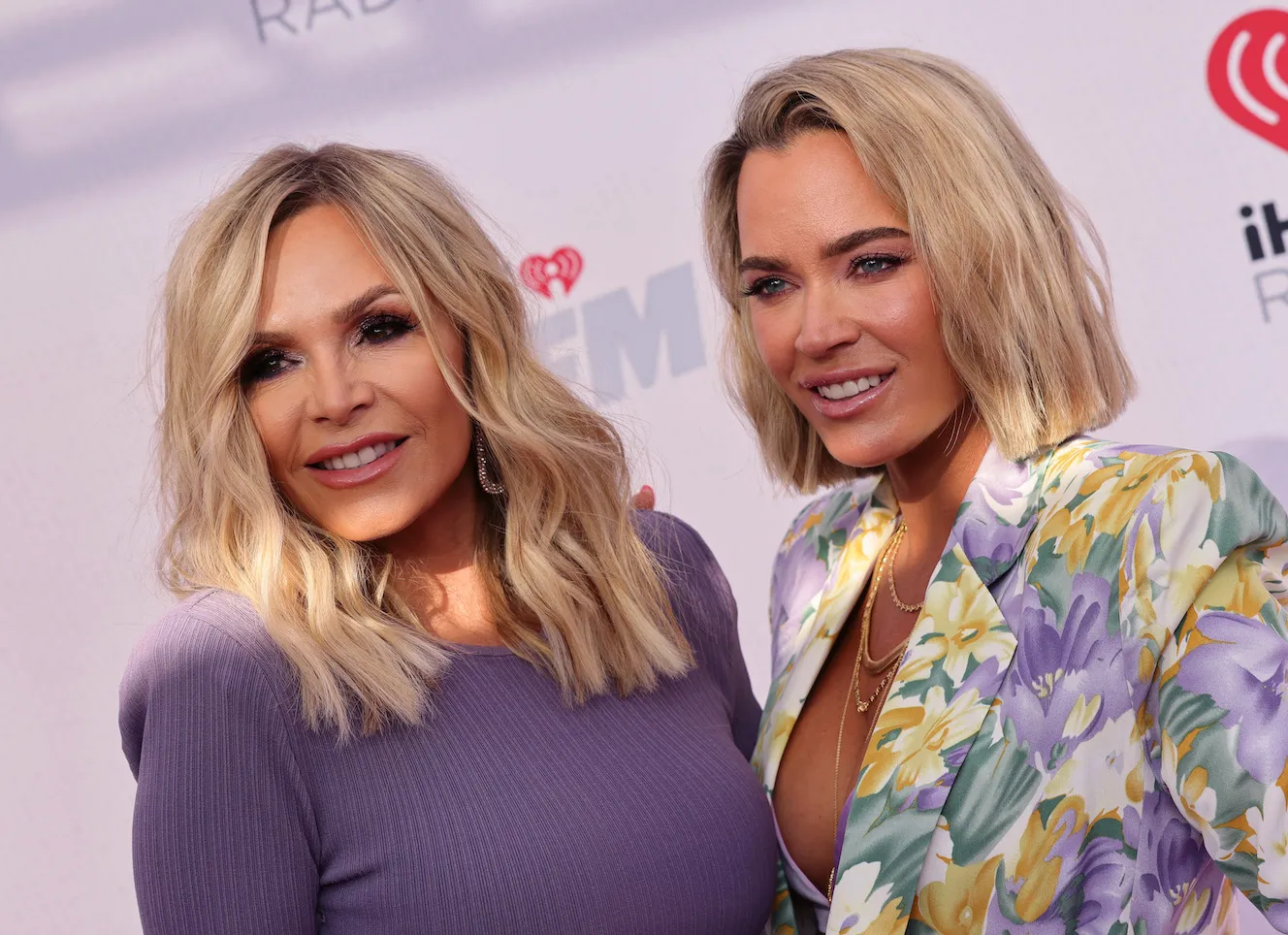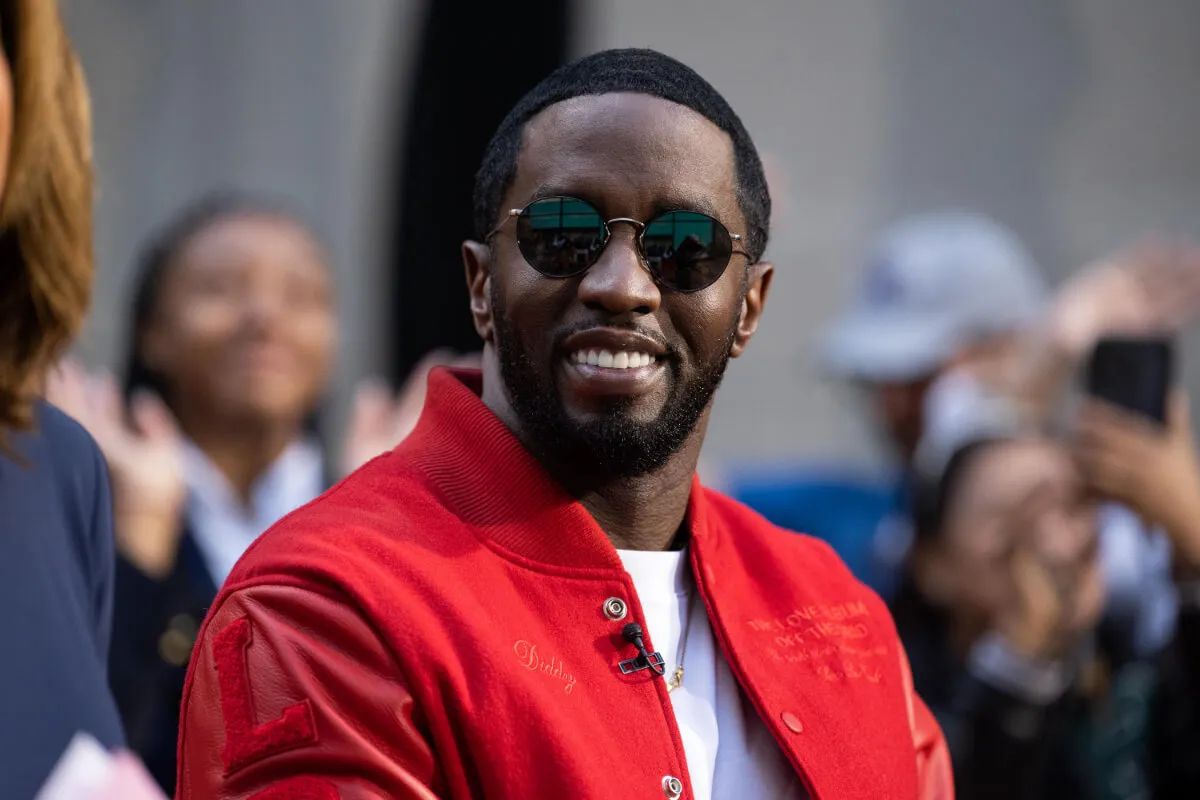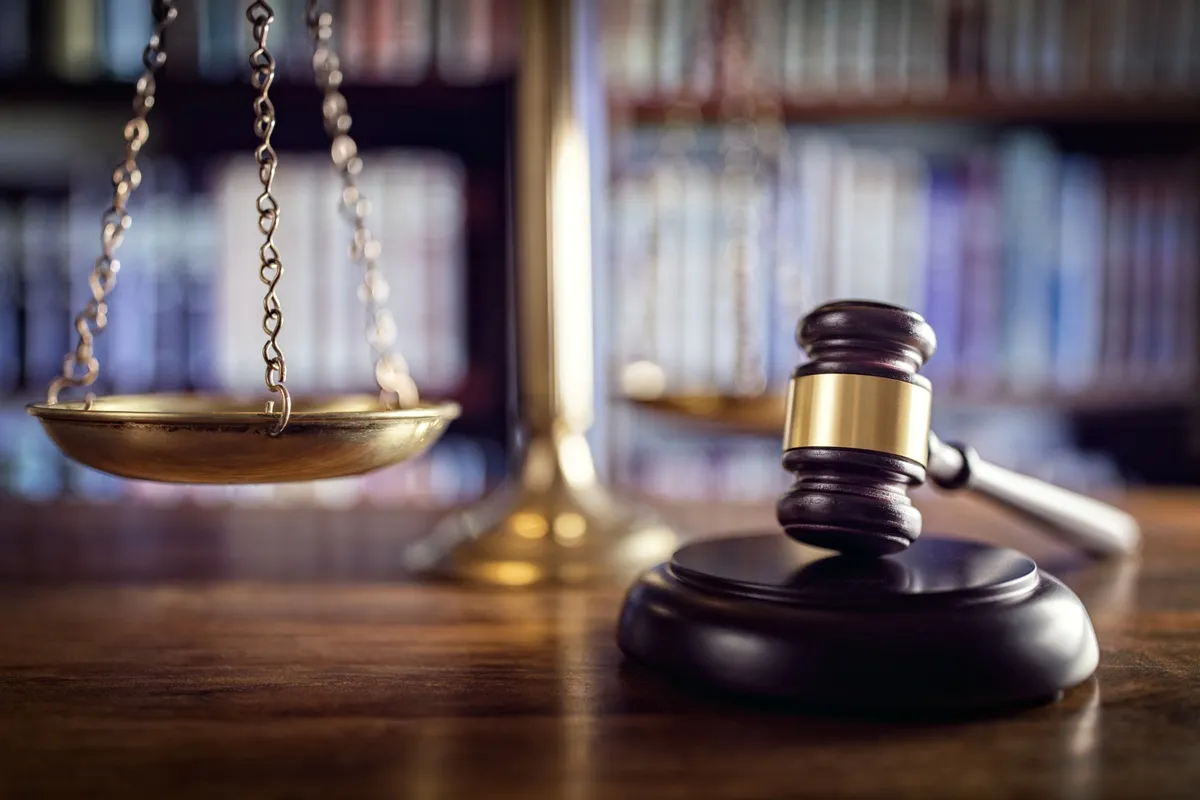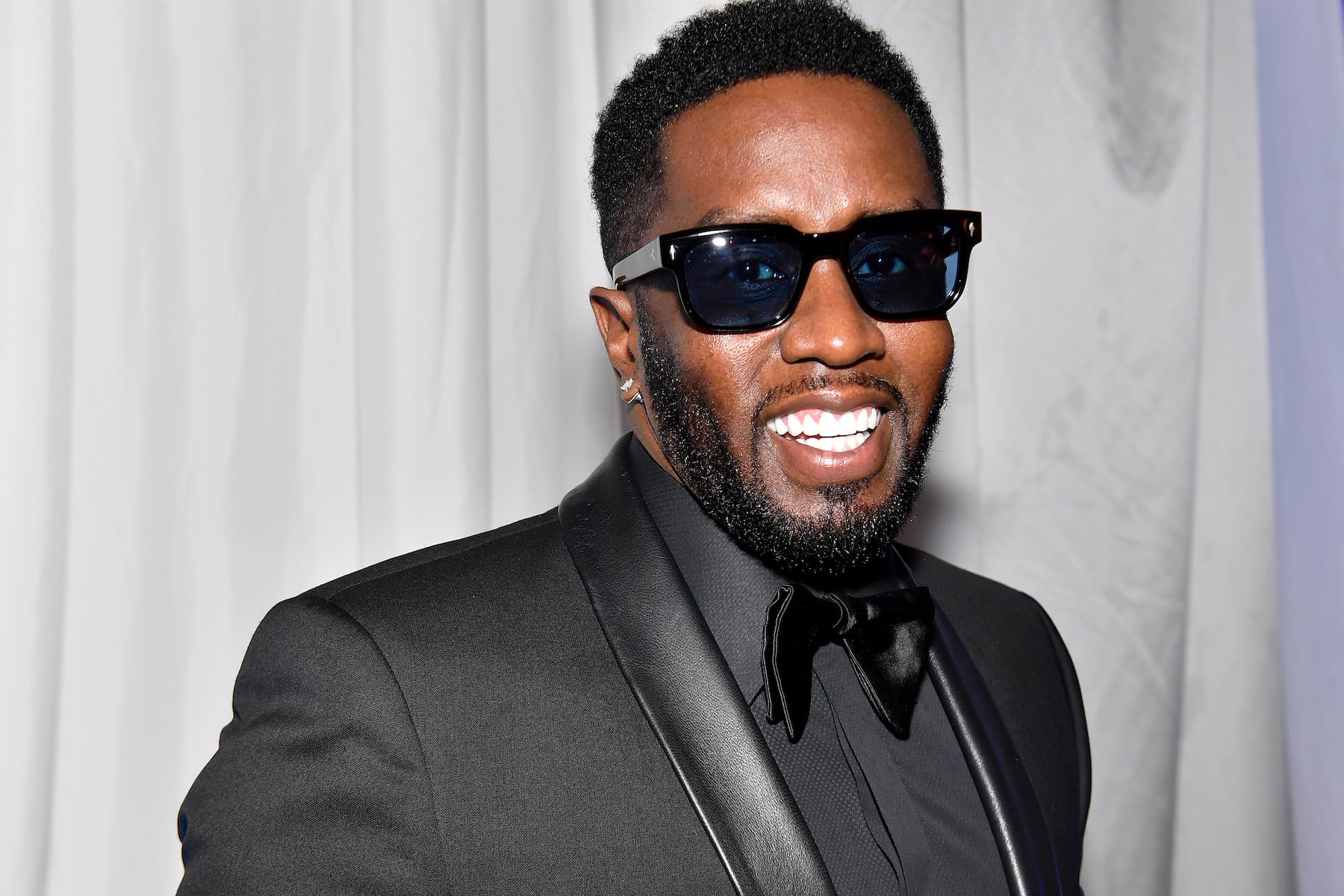
What Diddy Says About Rap Music That Is Demeaning to Women
Sean “Diddy” Combs has been in the music industry for 30 years, first as a record executive and later as a rapper himself. The business mogul’s rap skills have been honored over the years with Grammy Awards as well as No. 1 spots on the Billboard Hot 100. But when it comes to lyrics that are demeaning to women, Diddy has certain thoughts about what should be said.
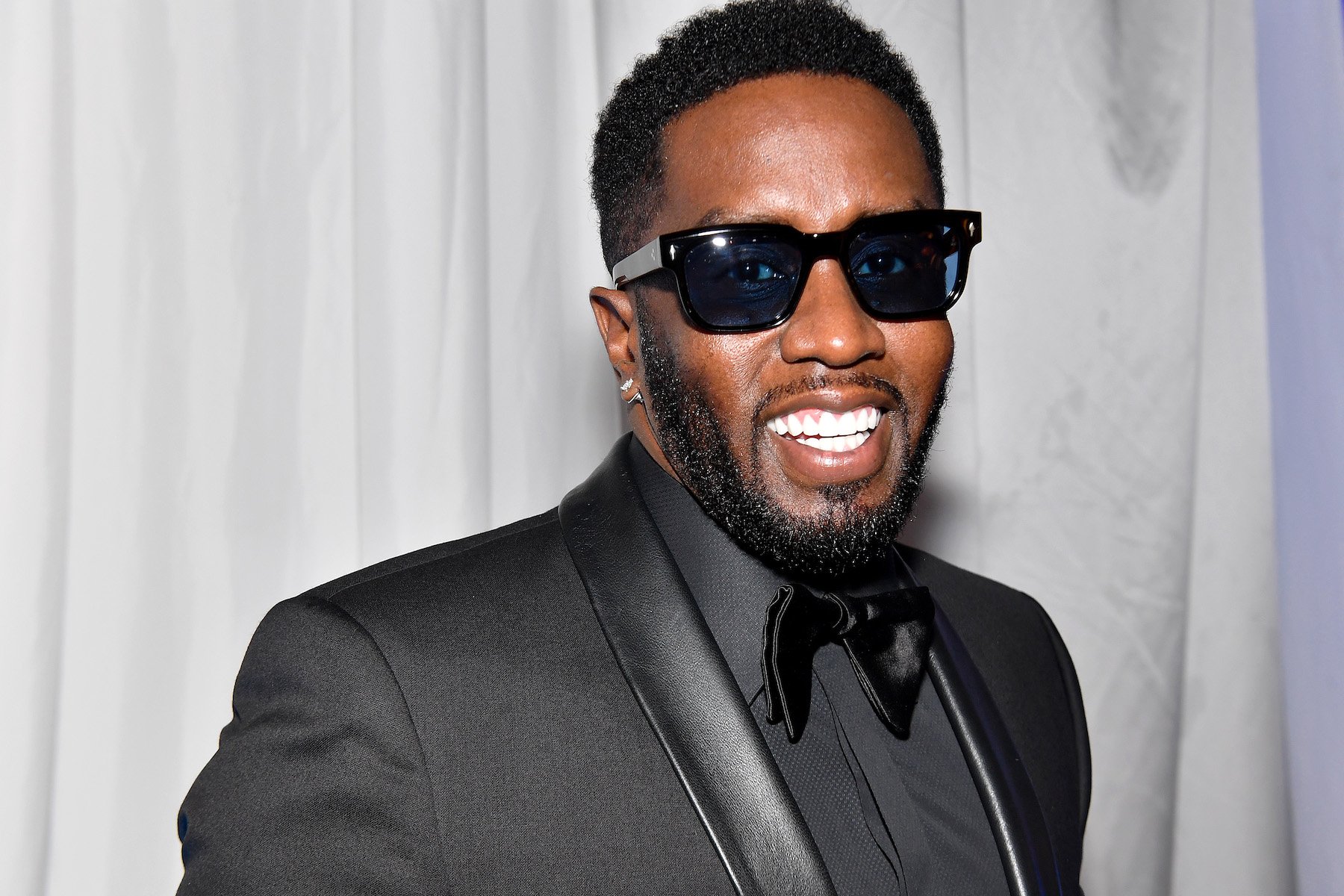
Diddy feels that rap lyrics are a form of expression
Diddy sat down with Oprah Winfrey back in 2006 for a wide-ranging interview for O magazine. When Winfrey asked Diddy if he felt a responsibility when it came to lyrics, he was frank with his answer.
“People judge the lyrics without understanding the intention or background of rap,” he said. “It started as a statement about young black life in the inner city. Rap was a way for artists to tell the world about how much danger we’re really in—physically and emotionally. It was a way for us to speak out. But if someone hears the lyrics without understanding the impulse behind the music, they might see it solely as a glorification of violence.”
“Tupac spoke the truth. He felt like millions of young men and women,” he continued. “And rap has evolved: From Biggie and Lauryn Hill to Wyclef Jean and Mos Def, rap is about what’s really going on. But some people like to run away from the uncut truth.”
He doesn’t like when rap music is demeaning or violent toward women
Oprah herself at the time was “open to understanding” where rap lyrics come from, but questioned if it was possible to have rap music without lyrics that demeaned women. Diddy shot down those concerns.
“Yes, it is possible,” he said. “Like every art form, hip-hop has to grow up, and in some ways, it is changing. The women in the hip-hop community have made sure we’ve noticed how disrespectful the lyrics are. And yet there are certain things that are happening in life: People are calling people b****es and h**s. But hip-hop isn’t just that.”
“Demeaning women is not right. Violence is not right. Evil is not right,” he continued. “I’m not saying that hip-hop has been totally cleaned up, but I think some artists’ lyrics have gotten better. As a medium, hip-hop still has a lot of evolving to do. Yet it has empowered young people, it has created jobs — from clothing lines to the movies — and it has given our youth more joy and hope and a better form of release than almost anything out there. Yes, there are negatives. But hip-hop has saved lives.”
“Don’t forget: Rap is still an early and imperfect art,” he added. “If you put a magnifying glass on everything most of us did at age 18, not a lot of us would be proud. To grow up, hip-hop needs help from its elders. It’s best to keep the conversation open. We come from a generation of children who weren’t really talked to. We were just thrown out there.”
Women rappers dominate music today
In the mid-2000s, Missy Elliott was the biggest female rapper in the world as she consistently pushed the envelope with her music and with her visuals. At the turn of the decade, Nicki Minaj emerged as the single biggest woman in hip-hop for several years.
In the late 2010s, however, a new crop of women rappers began to stake their claim in the world of hip-hop. Cardi B became the first woman in hip-hop to win the Grammy Award for Best Rap Album since Lauryn Hill did back in 1998; Megan Thee Stallion and Doja Cat have similarly been honored by the Grammy Awards. In 2020, women achieved a first on the Billboard Hot 100, as collaborations between female rappers occupied the top two spots on the chart: Doja Cat and Nicki Minaj’s remix of “Say So” sat at No. 1, while Megan Thee Stallion’s “Savage” remix with Beyoncé hit No. 2.
